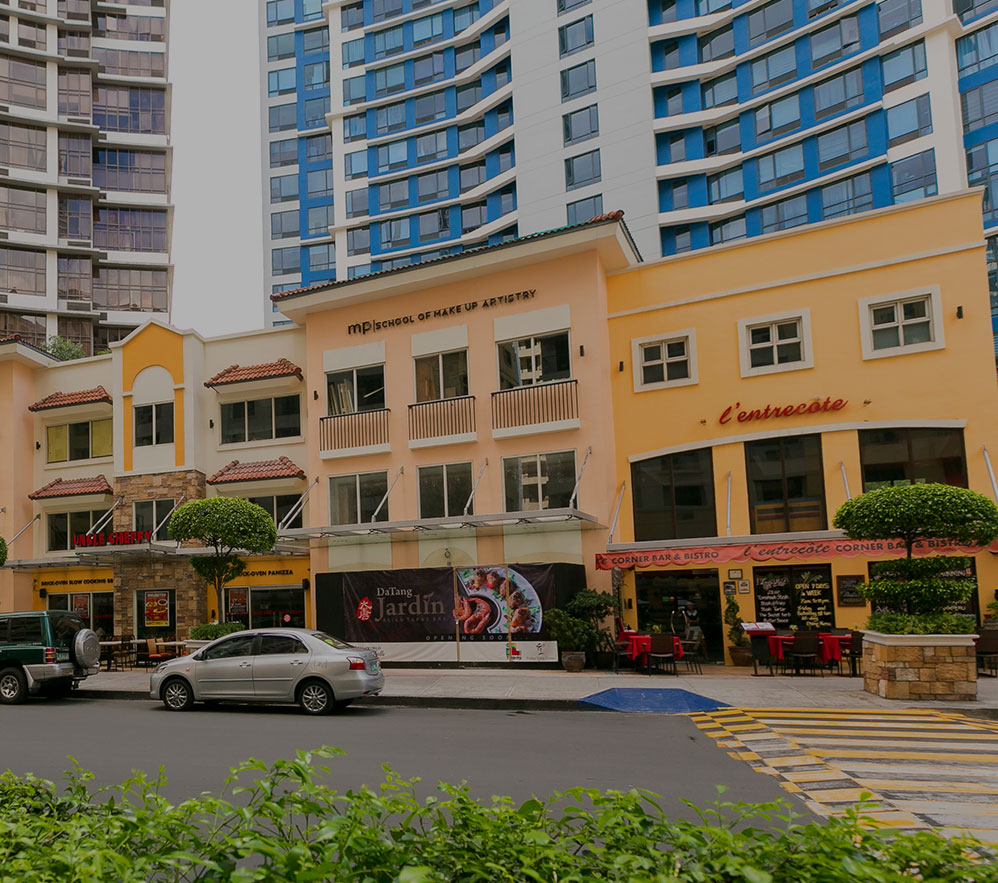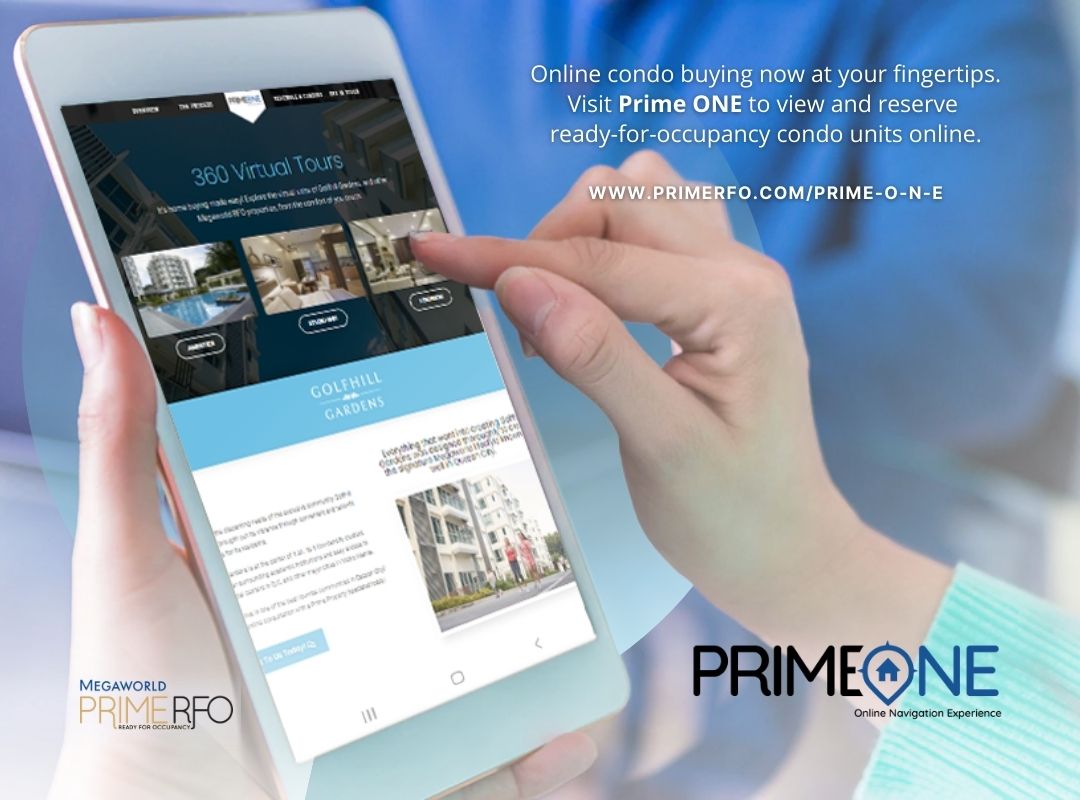
Company’s rental businesses continue to grow, up 8% even if effects of Taal eruption and coronavirus pandemic impacted bottomline earnings
Property giant Megaworld, the country’s largest developer of integrated urban townships, is boosting its e-commerce facilities to fast track the recovery of its commercial and hotel businesses, which have been greatly affected by the coronavirus pandemic.
In the coming weeks, the company is set to roll out digital platforms that are aimed at ‘enhancing customer experience’ under the so-called ‘new reality.'
Megaworld Hotels, for example, is launching its ‘E-CONCIERGE,’ a mobile application that allows guests to have contactless interaction with hotel staff from check-in to check-out, including virtual ordering of food from various Food & Beverage outlets inside the hotels.
“Our e-commerce platforms will give our customers the convenience and comfort that they need as we take their safety and well-being to a whole new level. We will also do the same for our mall customers, which will also greatly help our retail tenants,” reveals Kevin L. Tan, chief strategy officer, Megaworld. Tan’s Corporate Strategy Office has been on the forefront of the company’s digital transformation programs even before the pandemic.
Revenues from Megaworld’s rental businesses, particularly from Megaworld Premier Offices and Megaworld Lifestyle Malls grew 8% to P4.2-billion during the first quarter of this year compared to P3.9-billion during the same period last year. Rental revenues were driven by office leases as mall rentals weakened during the quarter as concerns over the pandemic began to widen during this period.
Hotel revenues, likewise, were down 4% to P551-million from P574-million during the same period last year as check-ins, particularly from international guests, dropped because of the pandemic.
Residential sales, however, grew to 1% to P9.6-billion during the first quarter from P9.5-billion as the Taal Volcano eruption during the start of the year impacted sales of CALABARZON projects as well as the early challenges in the supply chain due to coronavirus-related restrictions, resulted to the delays in project construction.

Revenues from Megaworld’s rental grew 8% to P4.2-billion during the first quarter of this year compared to P3.9-billion during the same period last year. Rental revenues were driven by office leases.
Megaworld’s net income for the first quarter of 2020 declined by 8% to P3.8-billion from P4.1-billion during the same period last year. Excluding a non-recurring gain of around P189-million, core profit declined 3% year-on-year. Net income attributable to parent company stood at P3.5-billion, lower by 9% from P3.8-billion during the said period last year.
Consolidated revenues were slightly up 1% to P15.1-billion during the first quarter compared to P14.9-billion during the same period last year. Around 64% of the company’s total revenues still came from the company’s residential business, while 28% came from rentals, and 4% from hotel operations. The rest came from the company’s non-core revenues.
“Our real estate sales still helped mitigate the impact of the challenges we faced during the quarter. Our office portfolio, which remains very attractive to locators because they are mostly PEZA-accredited, provided a buffer against the expected weakness of our mall and hotel operations. We keep an eye on effective strategies that will cushion the impact of these challenges for the rest of the year,” explains Tan.
For the period ending March 31, 2020, Megaworld registered cash reserves amounting to P25.7-billion and a net debt-to-equity ratio of 26%.
The company has also reduced its capital spending for the year from P60-billion to just P36-billion.
“During the past 31 years, we have witnessed and surpassed several crises that rocked our nation. Our company’s resilience has been tested over and over again. Our experience in overcoming the 1997 and 2008 financial crises; our strong financial position; and our continuing quest for creativity and innovation, put us in a favorable position to adapt to these new realities and take advantage of the opportunities that will arise once recovery starts,” added Tan.
To date, Megaworld has 26 masterplanned integrated urban townships, integrated lifestyle communities, and lifestyle estates across the country, namely: Eastwood City in Libis, Quezon City, (18.5 hectares); Newport City in Pasay City (25 hectares); McKinley Hill (50 hectares), McKinley West (34.5 hectares), Uptown Bonifacio (15.4 hectares) and Forbes Town (5 hectares), all in Fort Bonifacio, Taguig City; Lucky Chinatown in Binondo, Manila (3 hectares); The Mactan Newtown in Lapu-Lapu City, Cebu (30 hectares); Iloilo Business Park in Mandurriao, Iloilo City (72 hectares); Sta. Barbara Heights in Sta. Barbara, Iloilo (173 hectares); Boracay Newcoast in Boracay Island (150 hectares); Twin Lakes in Alfonso, Batangas near Tagaytay (1,300 hectares); ArcoVia City in Pasig City (12.3 hectares); Southwoods City in the boundaries of Cavite and Laguna (561 hectares); Davao Park District in Lanang, Davao City (11 hectares); Alabang West in Las Piñas City (62 hectares); Eastland Heights in Antipolo, Rizal (640 hectares); Suntrust Ecotown in Tanza, Cavite (350 hectares); Maple Grove in General Trias, Cavite (140 hectares); The Hamptons Caliraya in Lumban-Cavinti, Laguna (300 hectares); The Upper East (34 hectares) and Northill Gateway (50 hectares) both in Negros Occidental; Capital Town Pampanga beside the Pampanga Provincial Capitol in the City of San Fernando (35.6-hectares); Westside City in the Entertainment City in Paranaque City (31 hectares); Empire East Highland City in Antipolo, Rizal (24 hectares), Arden Botanical Estate in the boundaries of Trece Martires and Tanza, Cavite (251 hectares).





